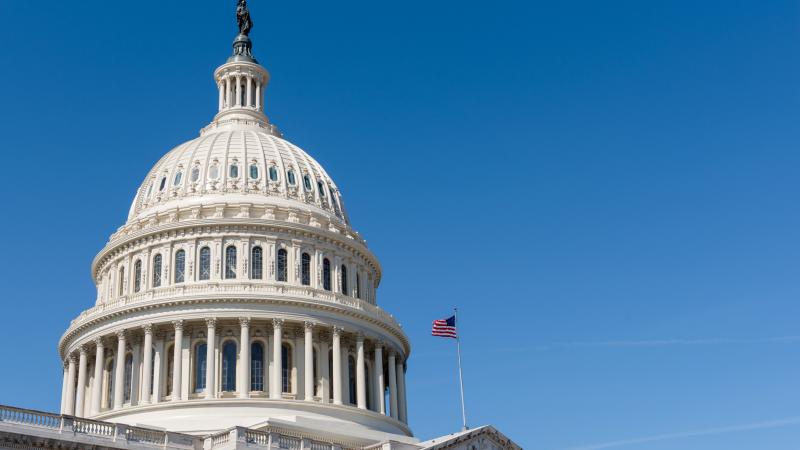McCarthy holdouts forced significant change in House. Will they now face recriminations?
Representatives could face fallout from House colleagues, Trump machine.
The nearly two dozen Republicans who held out their votes for Speaker Kevin McCarthy forced substantial changes to the rules of the House. Now the question lingers whether they will face recriminations.
The drama of the Speaker election—which spun into 15 rounds of balloting involving drawn-out negotiations and criticism from every faction within the House—was largely driven by 20 Republican representatives, many of whom differed in their personal picks for Speaker but who were all united in opposing McCartthy.
McCarthy secured the speakership late into Friday night and into early Saturday morning, squeaking across the finish line with a bare majority of votes after delivering a laundry list of concessions to the holdout faction.
Among those concessions were a minimum 72-hour reading period for all bills presented to Congress; a committee to study potential FBI abuses against the American public; a vote on term limits for representatives; and several other key conservative policies for which many Republicans have been fighting for years.
Those successful negotiations were praised by prominent conservatives and conservative organizations. The group Citizens for Renewing America wrote on Twitter that because of the efforts of the holdouts, "the DC cartel in the House was brought to its knees before the American ppl."
"This is the new paradigm-coalition government," they wrote. "Conservatives now control the House regardless of who is elected Speaker."
Yet the holdouts weathered considerable criticism from their GOP colleagues over the course of the fight, signaling what may be a contentious session of Congress as establishment GOP figures and hardline conservatives prepare to possibly butt heads.
"Any vote against [McCarthy] damages the conference and our ability to govern," Georgia Rep. Austin Scott said amid the negotiations. "Those opposing McCarthy are putting their selfish motivations over what’s best for our nation."
Holdout representatives could face a number of consequences for their admittedly successful obstinance, including unfavorable committee anssignments and other disadvantages at House procedure.
There is also the possibility that the 20 representatives could see significant blowback from former President Donald Trump himself, even as many of the holdouts—such as Florida Rep. Matt Gaetz and Colorado Rep. Lauren Boebert—are themselves staunch Trump allies.
Trump had publicly and aggressively backed McCarthy for the speaker position, and the unwillingness of the Republican holdouts to vote in lockstep with the rest of the GOP may very well land them in Trump's crosshairs at a time when the embattled Republican is consolidating all the support and loyalty he can for his 2024 re-election bid.
At one point Montana Rep. Matt Rosendale was observed to dismissively decline a phone call from what many assumed to be Trump via the iPhone of Georgia Rep. Marjorie Taylor Greene.
The concessions won by the holdout bloc may very well end up working so strongly in the House GOP's favor that the Republican establishment is willing to bury the hatchet, particularly as the 2024 season draws closer.
The holdouts themselves, meanwhile, seemed unrepentant as the tumultuous week drew to a close.
"This has never been about me or Kevin McCarthy," Gaetz wrote on Twitter. "It's about the American people."
Boebert, meanwhile, wrote of the bitter process that "it had to be done."
"The 118th Congress will be one that does the business of the American people, not the special interests & lobbyists," she argued. "This week was about making that happen. Let’s get to work!"
Scott predicts a mixed result for the holdouts, suggesting McCarthy will act like a sports coach.
“The fact of the matter is, we need to function like a football team, we need to put the right people in the right places,” he said. “And so if one of those 20 is the right person for the appropriations process, then that's where they should be.”














